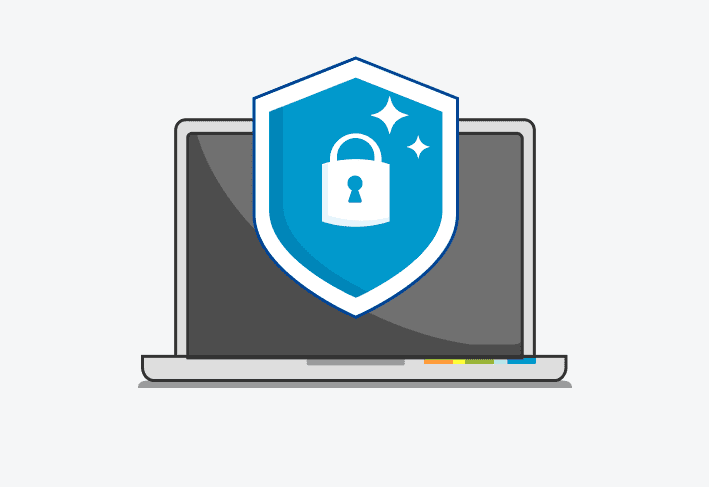The PDQ Connect team is excited to announce the release of a public API. Part of our ongoing product roadmap, the API opens up many possibilities for sysadmins to condense their existing device management workflows.
Integrate PDQ Connect with your own scripts and other tools by leveraging our secure REST API. Further automate your device management by deploying a package, surfacing inventory information, and more from elsewhere in your tech stack.
Get started in Settings by configuring the API with PDQ Connect’s secure, token-based authentication system. Generate an API key to begin interacting with the API. (See detailed instructions in our support knowledge base.)
API call list
Call | Use case | Request | Returns |
|---|---|---|---|
Deploy packages | Deploy one package to device(s) Ex. Deploy Chrome to this specific group of devices | Device ID(s) and group ID(s); one package ID or one package version ID | Confirmation that deployment was successfully created or an error that the deployment wasn't created |
Get list of devices | Deployments Ex. Show me which devices are missing Chrome | All devices in an org or all devices meeting specific filter criteria | List of devices; limited inventory information for each device |
Get device data on a specific device | Asset managers Ex. Give me the inventory information for this device so I can see it in my asset manager tool | Device ID | All device inventory information for a single device |
Get groups | Deployments Ex. Tell me the group ID for a specific group(s) so I can deploy to them | All groups or a specific subset (like groups that include “Adobe” in their names) | Group ID, name, type (static or dynamic), and filters (optional) |
Get list of packages | Deployments Ex. Tell me the packages available so I can choose which one I want to deploy | All packages or a specific subset (like packages that include “Adobe” in their names) | Full list of packages (both custom + Package Library sourced) and their IDs, names, and descriptions |
Get list of recent versions for one package | Deployments Ex. Tell me the available versions of a package so I can deploy a specific version | Package ID | List of versions available in PDQ Connect for the package specified |
Ways to leverage PDQ Connect's API
Thinking of ways to use PDQ Connect’s new public API? Here are some possible integrations to power up your organization.
Self-service package portal: Give your users more control and your IT staff a well-deserved break by leveraging the PDQ Connect API to build a self-service application deployment portal.
Ticketing system integration: Take your ticketing system to the next level by integrating it with PDQ Connect using the public API. Drastically reduce ticket response times by deploying applications, patches, and scripts directly from your ticketing system.
Expanded automations: Let the PDQ Connect API automate your workflows. From onboarding to auditing, the API can help automate repetitive and tedious tasks, helping your rock star staff stay engaged on more important assignments.
With the PDQ Connect API, there’s no limit to the creative ways you can implement it to benefit your organization.
Ready to take device management to the next level? Want to ensure your machines are secure and up-to-date, whether they’re on-prem or remote? Give PDQ Connect a whirl with a free trial.



